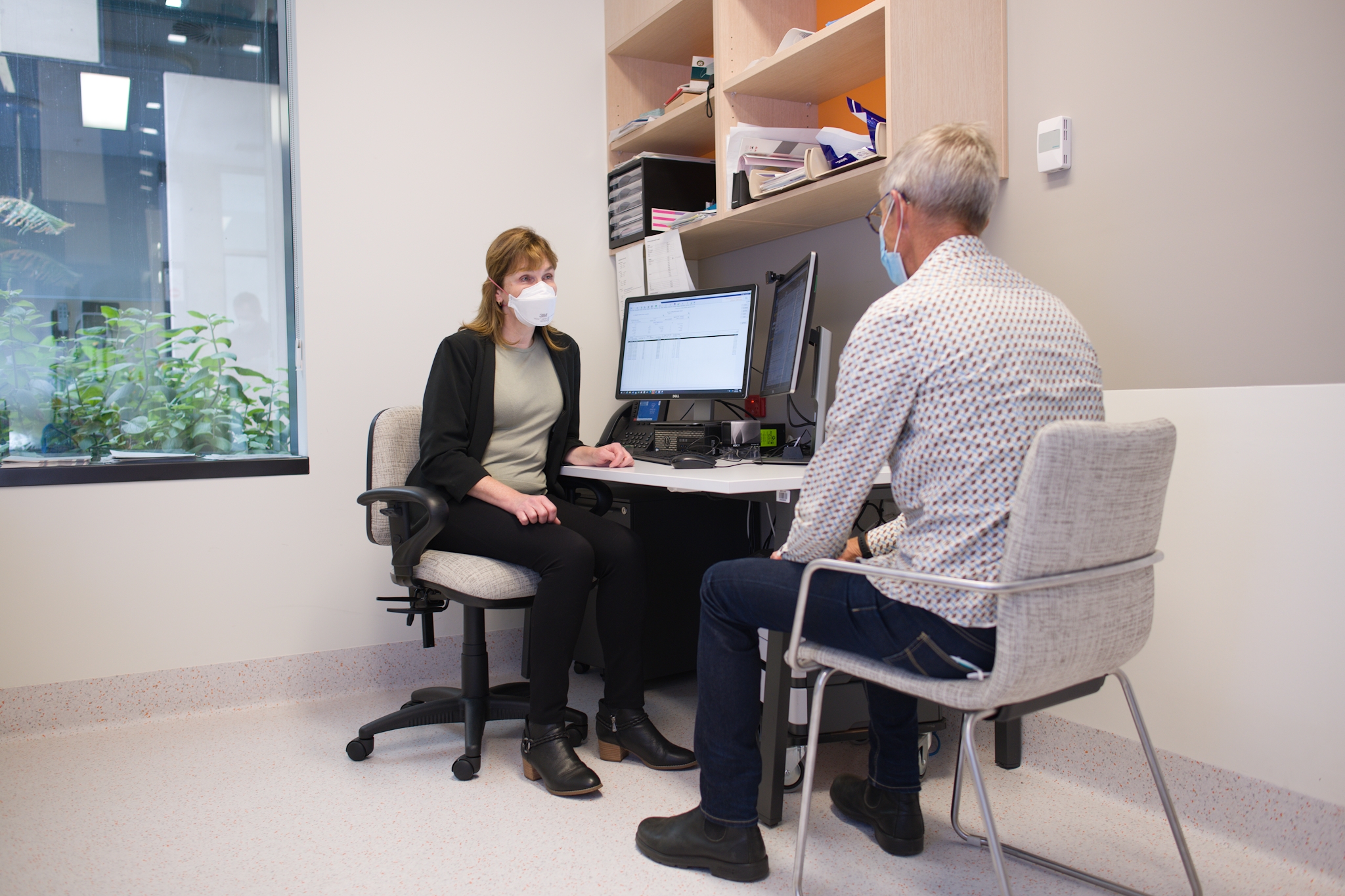
Cancer progression refers to cancer getting worse and cancer recurrence refers to cancer coming back. Cancer recurrence is usually diagnosed very similarly to how cancer was initially diagnosed. It can be shown in your follow-up tests after you have completed treatment, or it can be diagnosed from tests your doctor has conducted from any symptoms that have appeared or any changes in your body that you are concerned about. Your doctor and healthcare team will explain what symptoms you should be looking for if the cancer does return. In rare cases, you could be diagnosed with a new cancer that is completely different from the cancer you were first diagnosed with and is referred to as second primary cancer. Cancer can recur in the same place or it can appear in other parts of your body.
When cancer recurs or progresses, your healthcare team will continue your care and consider your options for treatment. They will take into account the treatment you had previously, the impact it had on your body and the cancer’s response to that treatment. When you are deciding on your treatment, it will often be based on the same factors from your first decision. You may want to consider the side effects that you’re willing to endure or what you want treatment to accomplish.
If your cancer progresses, your symptoms may also become worse. It is important to speak to your doctor and treating team about symptoms and side effects that you are experiencing. You can receive a referral to a palliative care specialist who will help you manage what you are experiencing.
When cancer has recurred or progressed, or you are facing the possibility, it can be very overwhelming and you may feel a range of emotions. These could be similar to the emotions you felt when you were first diagnosed with cancer. It might help to remember that you know more now than when you were first diagnosed and you know what to expect. You can use strategies that you have already learnt and have supported you during your cancer journey to help you cope with this diagnosis and the next stages of treatment. You can speak to your healthcare team about receiving professional support and reach out to your family and friends for support during this time.
Visit the support and services section for a comprehensive list of resources to cope with both the emotional and practical aspects of living with CUP.
Here are the links to other information pages to learn more about different aspects of treatment. You may also use the quick links on the right side of the page to navigate.

Most people are diagnosed with cancer of unknown primary (CUP) after they have symptoms or become unwell. Some people may be diagnosed during tests for another health condition. When cancer is suspected, you might be referred for tests or to a specialist.

The treatment you have depends on a number of things, including where the cancer is and your general health. A team of doctors and other professionals discuss the best treatment and care for you. The main treatment for Cancer of Unknown Primary is cancer drugs, most commonly chemotherapy. You may also have radiotherapy to help to control your symptoms and hormone therapy.




